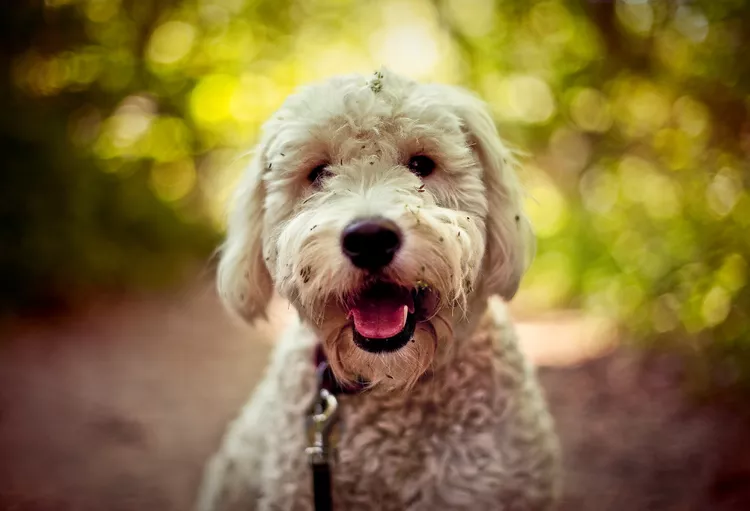
The goldendoodle is a crossbreed between a golden retriever and a poodle originally developed in the late 1960s to serve as guide dogs for those allergic to dogs. Goldendoodles vary in size because of the poodle's size variations. The breed typically has curly, hypoallergenic hair and hardly sheds thanks to its non-shedding poodle ancestors. Goldendoodles are highly intelligent, athletic, and lovable dogs that are great with kids and other pets.
Learn more about the beloved goldendoodle to decide if it's the right dog for you and your family.
The goldendoodle is known for their affectionate personality and willingness to please, making this a popular choice for families. Due to their gentle temperament and high trainability, they have been used as pets, agility dogs, guide dogs, therapy dogs, diabetic dogs, and search and rescue dogs.
Goldendoodles were first bred in 1969 to be guide dogs, but the breed gained popularity among breeders during the 1990s. This designer mix was bred to combine the poodle's non-shedding coat with the golden retriever's desirable temperament.
The idea for the crossbreed was inspired by the successful breeding of the Labradoodle, a poodle and Labrador retriever hybrid. As one of the most popular domestic dog breeds in the United States, the golden retriever was an obvious choice for crossbreeding with the delightfully hypoallergenic poodle.
The first three dogs to earn the American Kennel Club Obedience Champion title after its introduction in 1977 were golden retrievers, which proves their loyalty and ease of trainability poodles were originally bred as retrievers and water dogs, and both are among the smartest dog breeds. These genes pass on to the goldendoodle, so owners can expect an athletic, intelligent, and obedient companion.
Though they're not high-maintenance dogs, goldendoodles require adequate exercise, grooming, and training. They make great house pets but enjoy plenty of time to play and explore outdoors. A fenced yard is ideal for goldendoodles to romp around, but they shouldn’t be kept there all day. This social breed thrives with their family and friends inside.
With average to above-average energy levels, goldendoodles require daily exercise and love to go for walks, runs, hikes, and swims. Their playful nature and retriever genes make them great fetch partners, too. Owners should aim for at least 30 minutes of exercise each day including walking, running, swimming, and tackling agility courses.
The goldendoodle's coat varies, but is often somewhere between the two parent breeds when it comes to grooming. Though goldendoodles don’t shed excessively, they still need to be brushed regularly to remove dead hair and prevent matting. To keep their skin and coat healthy, they need a moisturizing bath every few months. Depending on the dog, a goldendoodle may grow long hair over the eyes or between the toes, so appropriate trimming is required.
Goldendoodles are obedient, athletic, and smart so they take well to training and are eager to please. Agility comes to them naturally and courses are a great place for goldendoodles to burn energy and create a strong bond between owner and companion. They respond best to positive, reward-based training and will gladly show off their tricks for a tasty treat.
Goldendoodles tend to have excellent health if bred responsibly. They may inherit health problems associated with poodles and golden retrievers, but crossbreeding may reduce the chances of some health problems due to their genetic diversity. In your puppy search, it’s important to find a reputable breeder who is committed to breeding healthy dogs.
Because goldendoodles are active, they need a high-quality diet to keep them happy, strong, and energetic. Look for dog foods high in protein and healthy fats with meat as the first ingredient. They should be fed measured meals twice a day rather than free-feeding, which can cause weight gain.
Check with your local animal shelter or rescue group to see if there's a goldendoodle available for your home. The IDOG Rescue, Inc., group is dedicated to finding new homes for all types of doodles, including Goldendoodles, that need a loving family. Big Fluffy Dog Rescue also includes goldendoodles in the type of dogs that it rescues.
If you're interested in buying a goldendoodle puppy, find a reputable and responsible breeder and watch for signs of a bad or backyard breeder. The Goldendoodle Association of North America provides a list of breeders on its website.
The goldendoodle is an intelligent, loyal, and affectionate dog that thrives in active homes, especially those with kids. They're fairly easy to train and have relatively low-maintenance care.
Like goldendoodles? You might also enjoy these breeds:
Learn even more about our favorite furry friends by checking out additional dog breed profiles.
No. Goldendoodles are popular dogs, but they are not rare. The only potentially rare goldendoodles are ones with all black or merle coats, thanks to the intricacies of genetics.
Goldendoodle coats come in a variety of colors and markings. Merle refers to a variegated pattern on a goldendoodle's coat. (Note that the merle gene may cause blindness and deafness.) Other names for patterns include parti (half white with patches), phantom (distinct markings on chest and other areas), brindle (stripes), and abstract (solid color with white markings).
The word "furnishings" seems like an odd choice of a word to describe facial hair features for dogs, but that's just what it means. The characteristic furnishings typically found on goldendoodles include longer than usual eyebrows, mustaches, and beards that make the dogs look so adorably scruffy.
If you buy a goldendoodle from a breeder, be prepared to spend on average between $2,000 to $3,000 or even more for a mini or a merle goldendoodle. This dog is expensive because it takes breeders a lot of genetic engineering to produce these beautiful dogs.
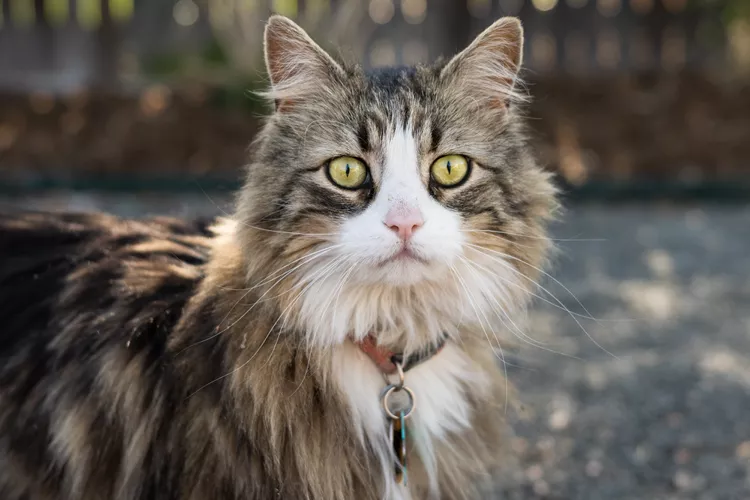
75 Unisex Cat Names
Our gender neutral cat names perfect for your feline friend, with a diverse selection of fun and inclusive options to fit your pet's disposition.
Why Does My Cat Stink?
Is your cat stinky? Find out about the causes of bad odors in cats and when it is something to be concerned about. Learn how to help your stinky cat.
Signs of Rabies in Cats
Rabies is a fatal and contagious virus that can affect cats. Learn about the signs of rabies in cats and what to do about them.
Can Cats Eat Dog Food?
Can cats eat dog food? In small amounts, it's unlikely to be a problem, but long-term feeding of dog food to cats can cause health issues and malnutrition.
Exploring the Different Types of Pet-Friendly Beaches
Are you looking for pet-friendly beaches? Learn about the different types of pet-friendly beaches, their locations, and tips for visiting them with your pet.
Pulled Muscles in Dogs
A pulled muscle is one of the most common injuries seen in dogs. What can you do if your dog pulls a muscle and how can you prevent it?
Fibrosarcoma in Cats
Fibrosarcomas are potentially fatal soft tissue tumors that can occur in cats. Learn the causes, treatment, and prevention.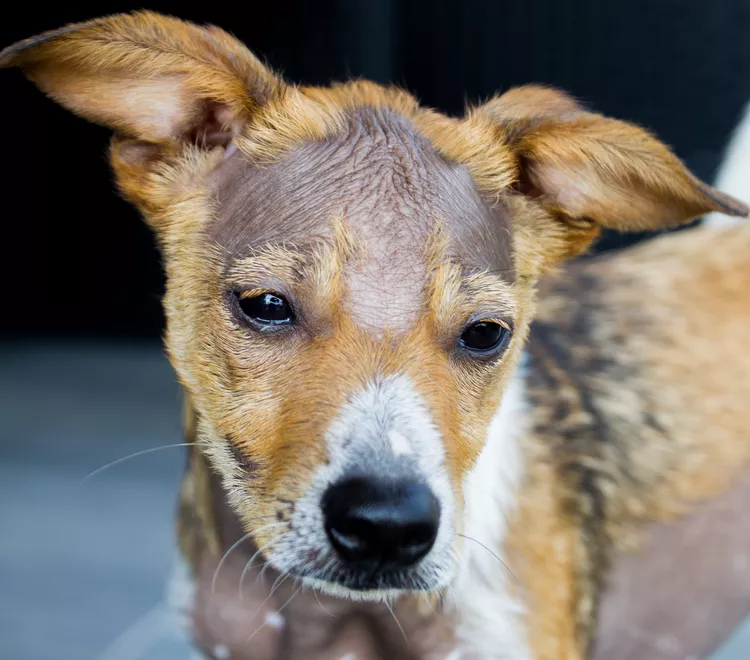
Alopecia in Dogs
Alopecia leads to hair loss and bald spots in dogs. Some breeds may be more at risk. Learn common causes, treatment, and prevention of dog alopecia.
Is Acetaminophen Safe for Dogs?
Acetaminophen is used by humans for pain and fever relief, but is it safe for dogs? Here's what you need to know before giving your dog acetaminophen.
Can Dogs Eat Almonds? Understanding the Risks and Guidelines
Can dogs eat almonds? While a couple likely won't hurt, it's best to avoid feeding your dog this nut. Learn the risks here.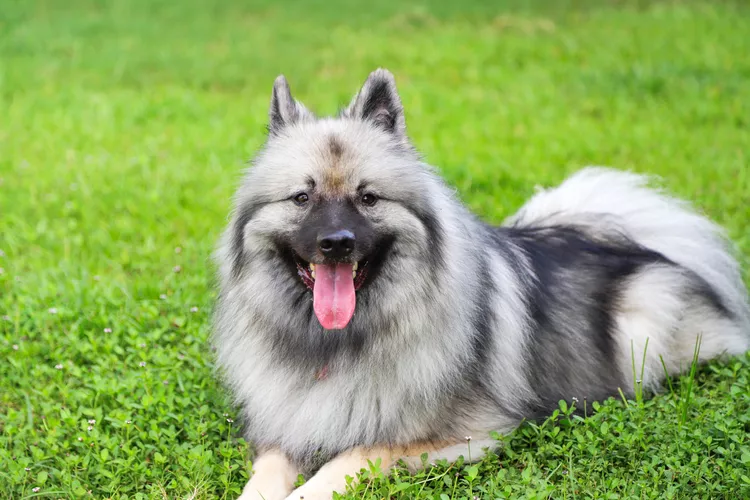
Keeshond: Dog Breed Characteristics & Care
Learn about the keeshond dog, also known as the Dutch Barge Dog. This fluffy spitz breed was bred to guard, but also makes a friendly companion.
Is Rosemary Safe for Dogs?
Rosemary is used both for cooking and as a supplement with many reported health benefits in people, so you may be wondering if it is safe to give to your dog. Rosemary is considered non-toxic for dogs but with some caveats.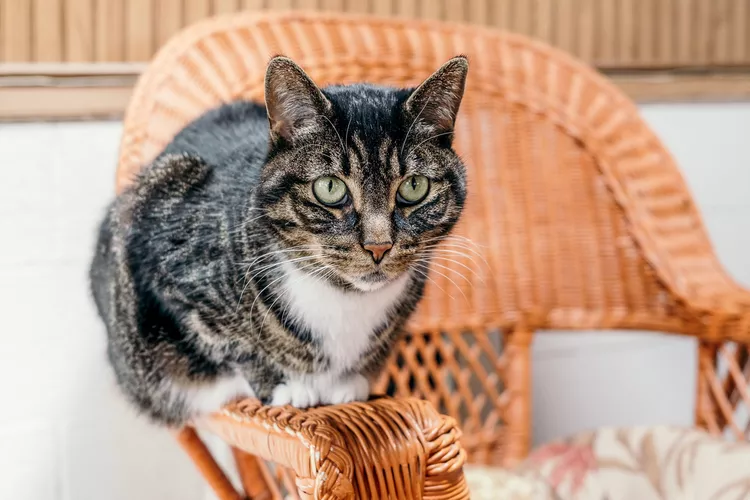
7 Hybrid Cats Breeds
Hybrid cat breeds can make appealing pets since they look more exotic than domestic house cats, but they aren't for everyone.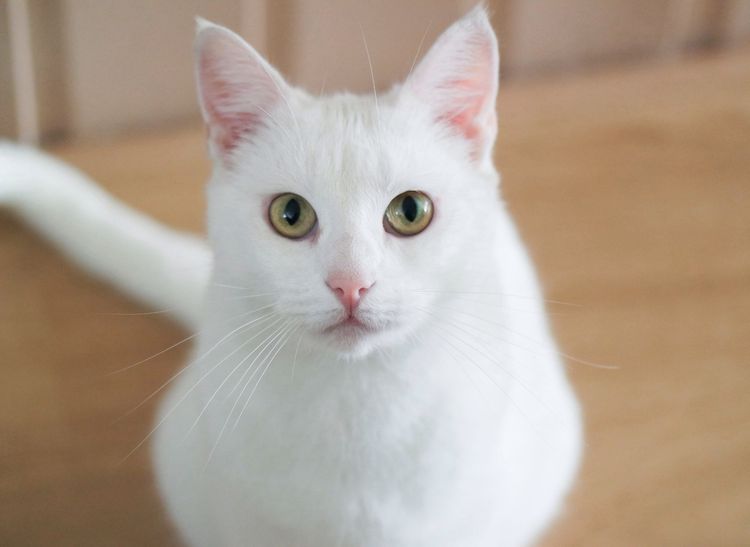
The Best White Cat Breeds to Keep as Pets
Several breeds can result in white cats with long or short hair. Find out the pros and cons of these white cat breeds.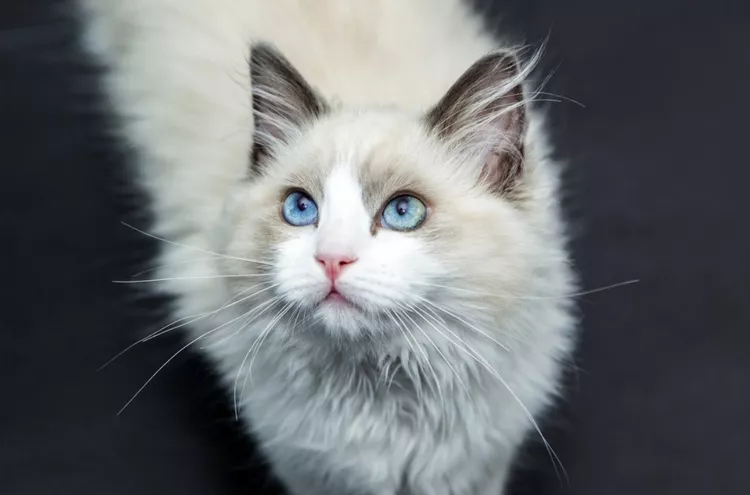
11 Cute Pictures of Ragdoll Cats
Ragdoll cats are known for their beautiful coats and bright, blue eyes. Learn all about the breed, and check out some cute pictures here.
7 Reasons Why Your Cat Eats Paper, and How to Stop It
Is your cat eating paper? Learn why your cat is doing this, and find out how to put a stop to it.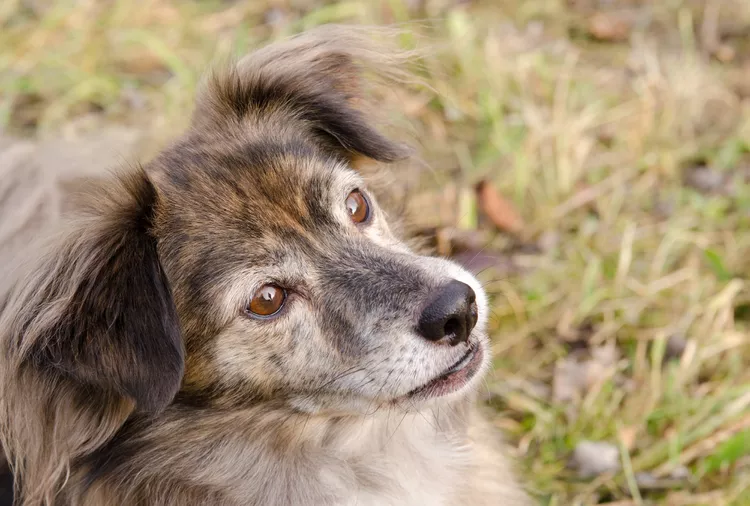
Feist: Dog Breed Characteristics & Care
Feists are small, short-haired dogs developed to hunt squirrels and catch vermin. These high-energy, affectionate pooches make great companion animals.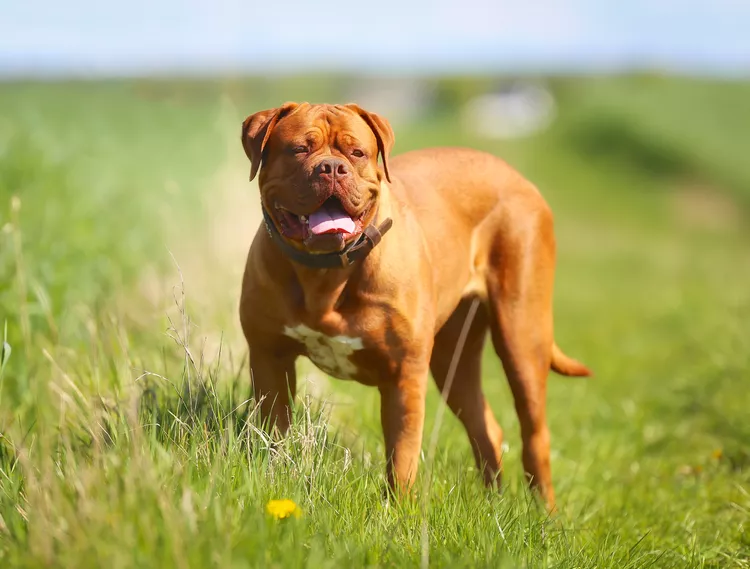
Dogue de Bordeaux (French Mastiff): Dog Breed Characteristics & Care
Learn about the Dogue de Bordeaux, also called the French mastiff. Although large and muscular, they’re known for their calm and gentle personality.
How to Stop Your Dog From Fearing Men
Many dogs have a phobia of men. Learn how to help your dog overcome its fear through desensitization and training while keeping everyone safe.
Why Dogs Eat Poop and How to Stop Them
Is your dog eating poop? Some dogs do this because of stress or illness. Learn how to prevent stool eating, or coprophagia, in dogs.